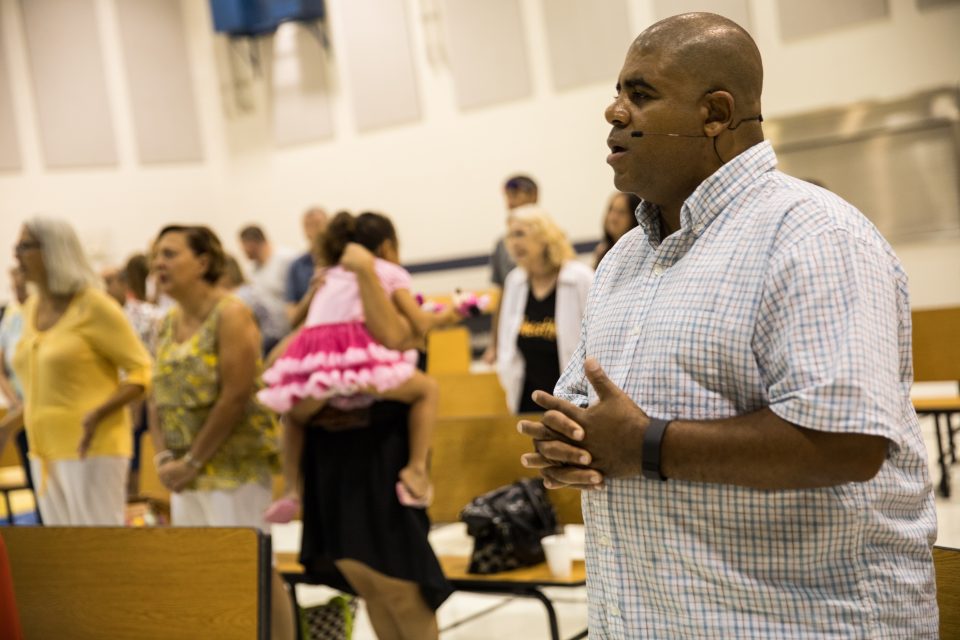Now that the ELCA’s Fund for Leaders has an endowment of more than $52 million and is funding 40 full-tuition scholarships in its most recent class of recipients, what’s next?
How does the ELCA plan to adapt to the changing needs of the church, best steward these funds to support the mission of the church, and continue to tell the gospel story of Jesus Christ’s life, death and resurrection to future generations?
That might sound like a tall task, especially in the face of rising costs in theological education and diminishing resources as church attendance rates continue to fall nationally.
But perhaps the best place to look for hope and wisdom for the future of the ELCA Fund for Leaders is to ask past and current scholarship recipients. As they look back at their educational experience and as they look to their current roles in the church and the world, where would they advise the fund to invest next and in whom?
Charles Newman, part of the first class of ELCA Fund for Leaders and today pastor of Crossroads Lutheran Church in San Tan Valley, Ariz., recommends supporting students studying at the Lutheran Theological Centers in Atlanta and Austin, Texas.
“They’re centers for the Latino and African American Lutheran experience,” he said. “But they’re part of theological education for the whole church, and they enrich the whole church, not just Latino and African American church leaders.”
Janelle Neubauer, a fund recipient who graduated from the Lutheran School of Theology at Chicago in 2017 and now serves the church in Rwanda, recommends supporting leaders who are engaging in “public church.”
“Our church needs to look beyond the people sitting in the pews on Sunday and realize our church is community-based and has to relate to our neighbors,” she said. “So it’s important to support the people who are connected to their neighborhoods.”
Will Bevins, a fund scholarship recipient and chaplain intern preparing to serve as a military chaplain in the Air Force, echoed Neubauer and Newman, suggesting the fund look deeply at supporting leaders from underserved communities.
“In one of my field education sites, I was working alongside a minister who was from South America, and everyone told him he should go to seminary and be a Lutheran pastor,” Bevins said. “But he couldn’t even consider it because he had a large family to support and little financial resources.”
Gabi Aelabouni, who grew up outside Nazareth, Israel, and received ELCA support to come to the United States and attend seminary, is now the director of the ELCA Fund for Leaders.
One of the fund’s first changes: allowing anyone to apply for a scholarship in an attempt to support more students from underserved communities. Previously, recipients were selected primarily by ELCA seminaries.
“It’s about the leaders,” Aelabouni said. “I want to get to a point where the endowment fund is big enough that we can afford a full scholarship for every single student pursuing rostered ministry in the ELCA.”
ELCA Fund for Leaders applicants can apply beginning in January at ELCA.org/fundforleaders. They must have received an acceptance letter to an ELCA seminary, be full-time students for the upcoming fall term, be in good standing with their synod and candidacy committee, and be pursuing rostered ministry in the ELCA.





